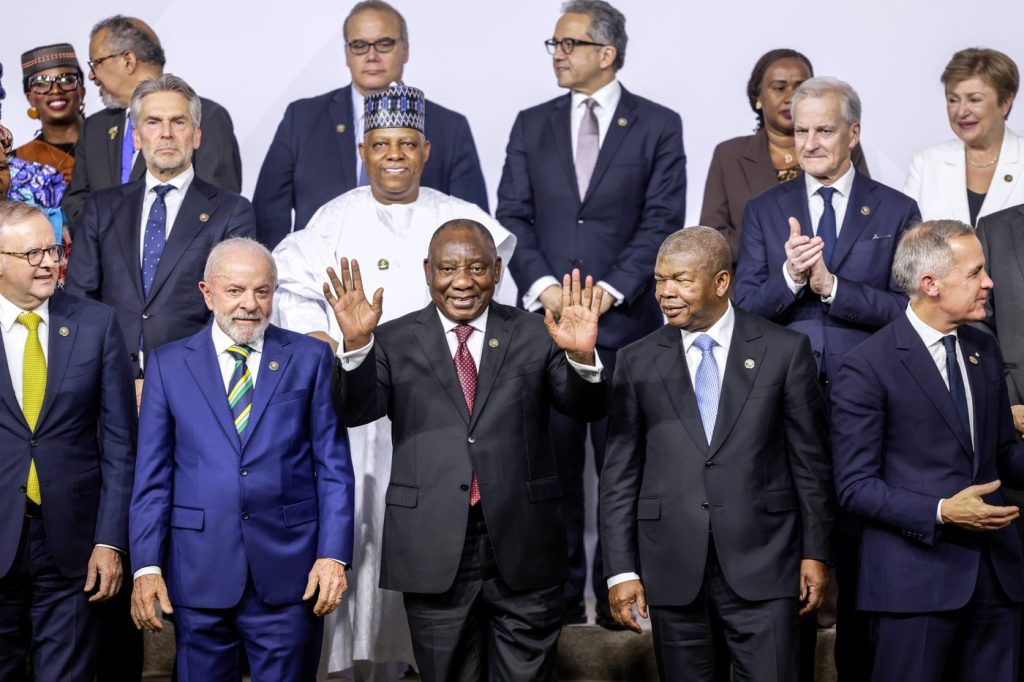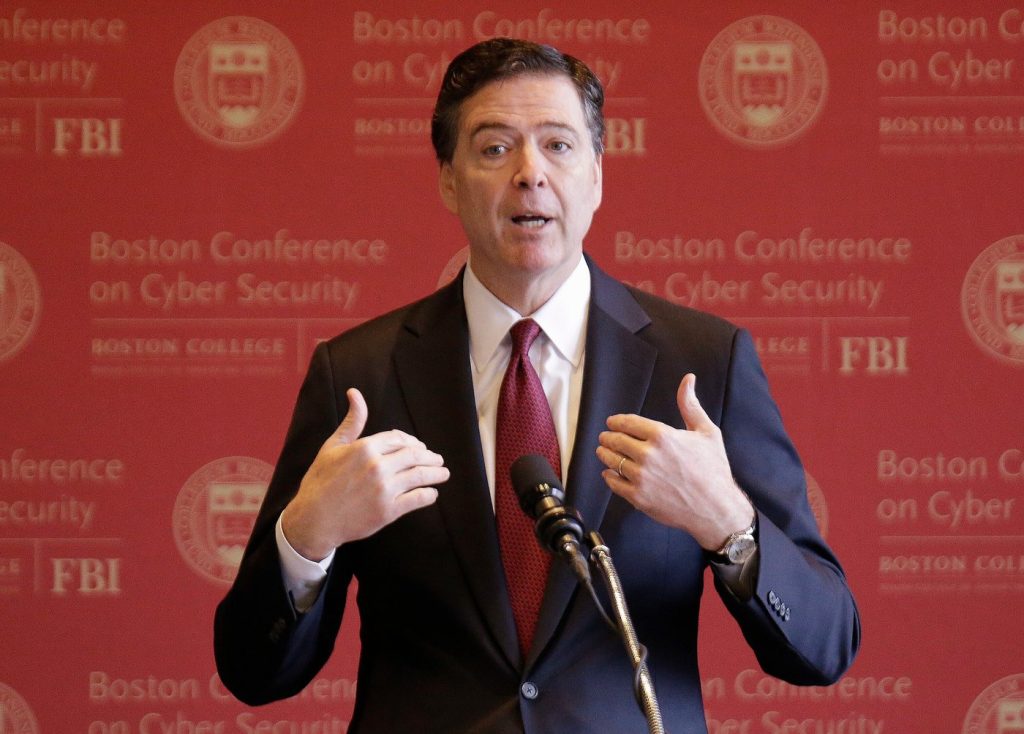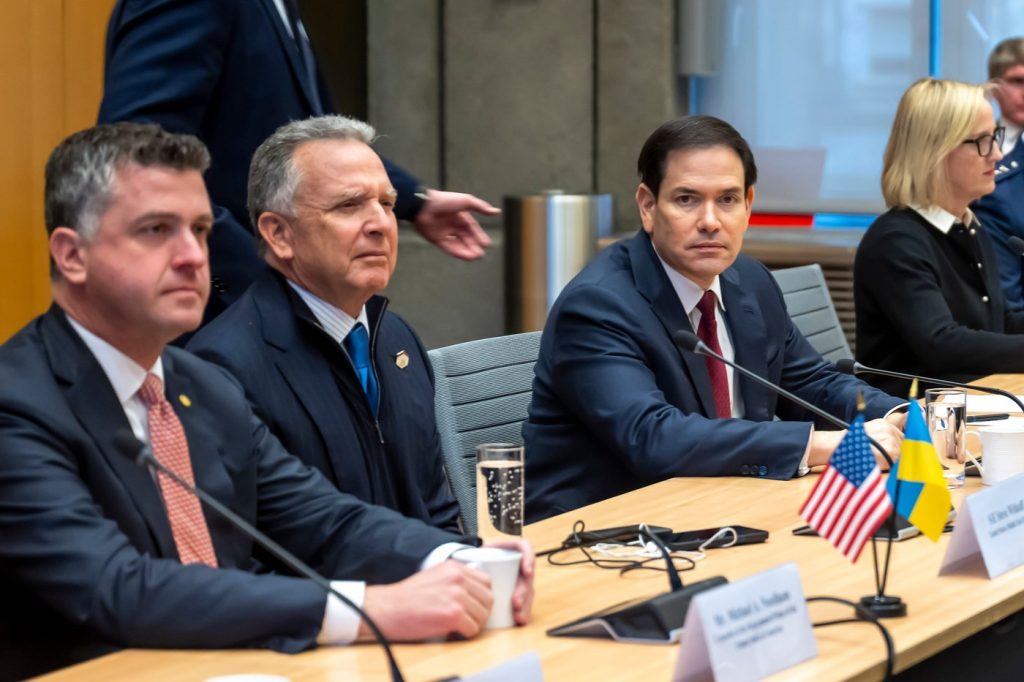JOHANNESBURG (AP) – The Group of 20 summit recently concluded in Johannesburg, South Africa, marked a notable absence from the United States, which is set to assume leadership of the bloc next year. The Trump administration's boycott of the summit was rooted in President Trump's claims regarding the treatment of South Africa's Afrikaner white minority, which he characterized as violent persecution.
South African President Cyril Ramaphosa officially closed the summit by striking a wooden gavel, a gesture steeped in tradition during G20 meetings. Typically, this gavel is handed over to the leader of the next country to hold the rotating presidency. However, the absence of a U.S. delegation meant that no official was present to accept this gavel. Ultimately, the handover is expected to take place at a later date, potentially at the South African foreign ministry, as South Africa rejected a last-minute suggestion from the White House to send a junior embassy official to the summit.
The U.S. boycott is particularly striking given the summit's intent to facilitate discussions between affluent and developing nations. South Africa had anticipated a handover that would signify their new role as host to the G20. President Trump has announced plans to hold next year’s summit at his Doral golf club in Florida.
Breaking with customary traditions, the G20 summit produced a leaders' declaration on its opening day, in an unusual move since such declarations typically occur at the summit's conclusion. This declaration emphasized global issues, drawing attention to poverty and climate change that prominently affect less affluent nations. Despite the Trump administration's opposition to this agenda, leaders from other nations including China, Russia, and the G20 member states largely supported the declaration.
The declaration called for increased global support for poorer countries, including financial assistance tailored to recover from climate-related disasters, reducing their debt burdens, and aiding transitions to green energy sources. Ramaphosa emphasized the significance of these issues for the Global South, stating, “South Africa has used this presidency to place the priorities of Africa and the African perspective firmly at the heart of the G20 agenda.”
Despite South Africa's presentation of the declaration as a triumph for international collaboration against the backdrop of Trump's “America First” policies, the nature of G20 declarations raises questions about their enforceability. The effectiveness of the G20 in addressing critical global crises, such as the Russia-Ukraine war, has drawn skepticism, especially given the vagueness regarding geopolitics in their 122-point statement.
French President Emmanuel Macron hinted at the bloc's struggles, noting it was “struggling to have a common standard on geopolitical crises.” Nonetheless, advocates hailed the summit as a pivotal, symbolic moment for the G20, particularly regarding the inclusion of inequality on the agenda. Max Lawson from Oxfam remarked, “This is the first ever meeting of world leaders in history where the inequality emergency was put at the center of the agenda.”
Additionally, Namibia's President Netumbo Nandi-Ndaitwah reinforced the importance of addressing development priorities from the African insight, highlighting the summit's consideration of smaller nations invited alongside the G20 members.
In summary, the G20 summit in Johannesburg demonstrated a critical juncture for addressing developing world issues, even in the absence of U.S. participation, marking an important moment for global dialogue on inequality and climate change, while also exposing the challenges that the bloc faces moving forward.












